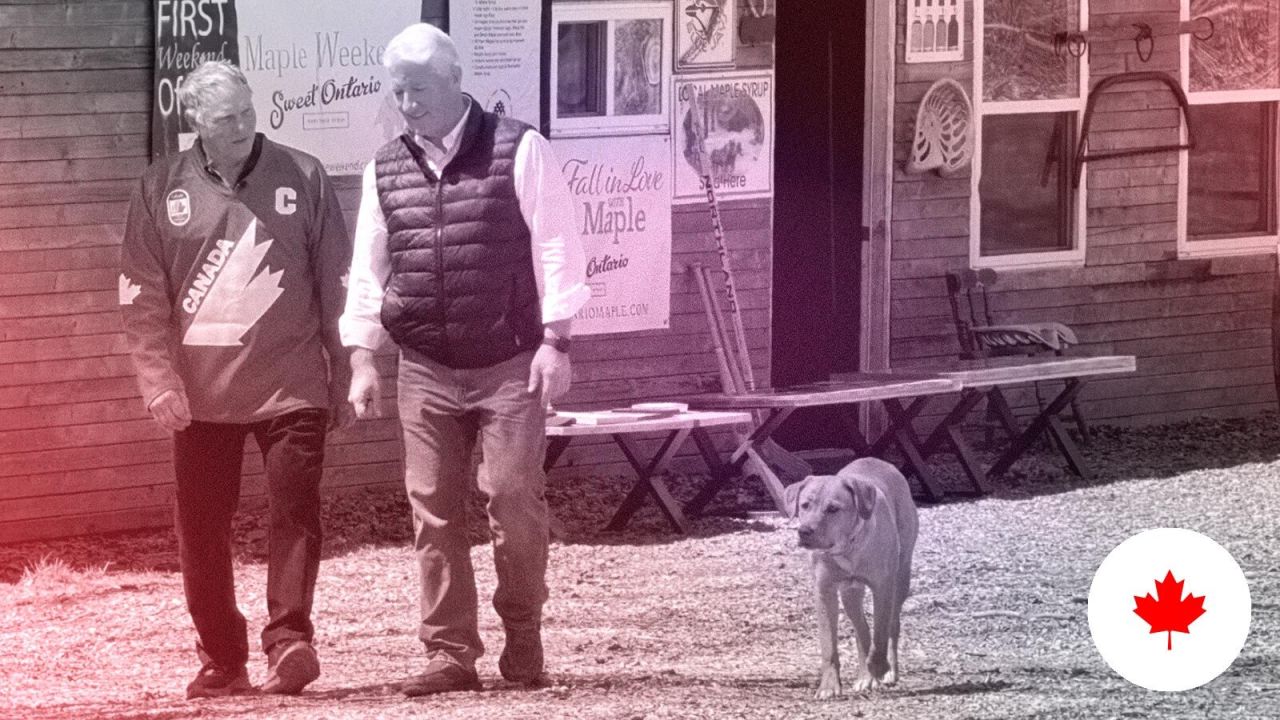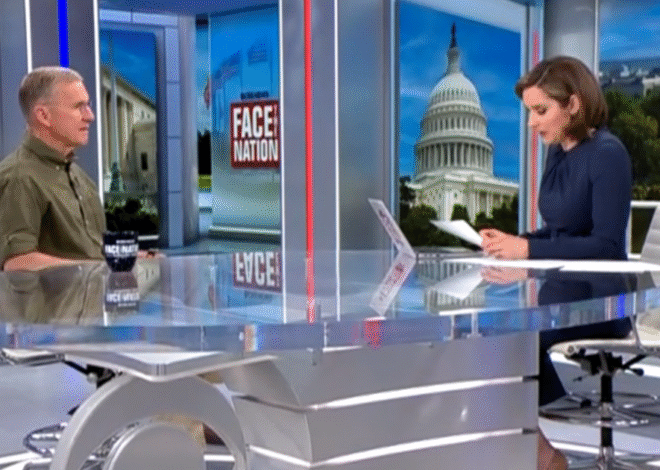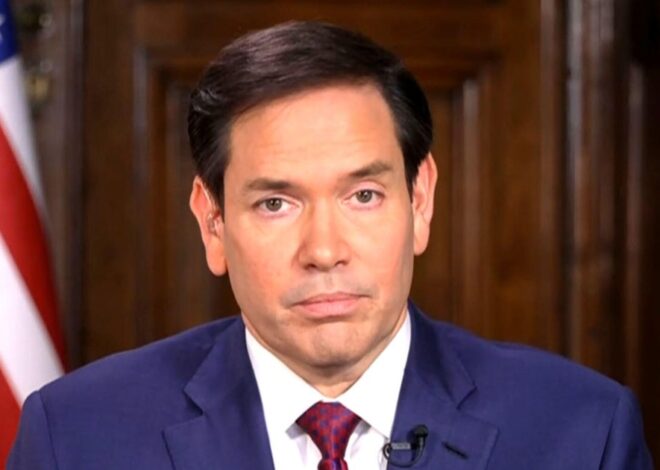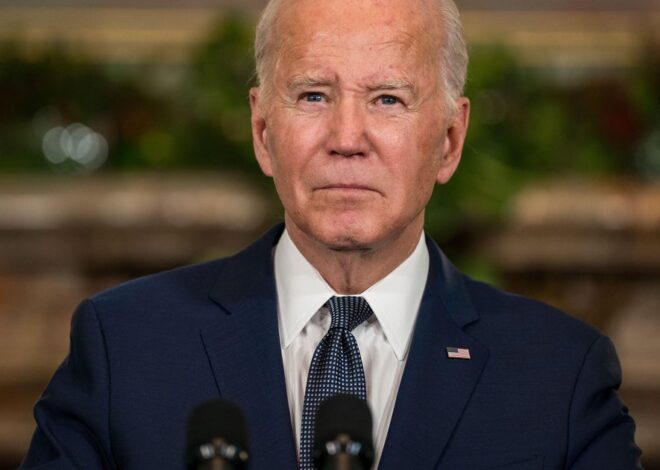
‘No Friend Anymore’: Canadians Turn Inward Ahead of National Election Amid Rising Tensions with U.S.
At Lola Blooms, a flower shop in Ontario, the workday begins with boxes of fresh blooms: dahlias, carnations, roses and more. But recently, one regular element is missing—flowers imported from the United States.
Co-owners Lindsay Smith and Kaitlynn Strain, sisters-in-law and longtime Green Party supporters, have stopped sourcing American flowers. “We’re just trying to buy Canadian as much as we can,” Smith said. If imports are necessary, they prefer Holland or Mexico. Their message? A quiet protest against former President Donald Trump.
“It’s Donald Trump,” Smith said. “He’s a bully. We thought we were allies.” She points to her maple leaf earrings and adds, “I love Canada.”
Trump’s Impact on the Canadian Election
Across the country, Trump’s rhetoric has sparked a shift in tone. Canadian flags line windows. “Proud Canadian” signs are on display in both liberal cities and conservative farming towns. With a national election just days away, Trump has become a central issue—not just for policy, but national identity.
Smith and Strain, despite their Green roots, plan to vote for the Liberal Party. The reason is strategic: they want to ensure the next prime minister has a strong mandate. In Canada, voters elect representatives by district, and the party with the most seats forms the government and selects the prime minister—usually its leader.
“We need a strong leader who won’t stand for bullying,” Smith said. “You vote where it counts.”
Greens Losing Ground as Liberals Gain Support
Independent voters like Toby Gorman, an environmental journalist, also feel conflicted. A longtime Green supporter, Gorman now says he’ll vote Liberal due to the high stakes.
“If this were a normal election, I’d vote Green,” he said. “But with the U.S. situation and the climate crisis, we need stability. I think Mark Carney can handle both.”
Carney, who replaced Justin Trudeau as Liberal leader in March, has quickly gained momentum. “He’s smart, focused, and understands the economy,” Gorman added.
Trump Sparks Canadian Nationalism
For many voters, Trump has sparked a sense of national pride not seen in years. “We’ve had divisions in the past—East vs. West, English vs. French—but this is different,” Gorman said. “Trump has unified Canadians in ways I didn’t expect.”
He even raised a Canadian flag at his home. “I never thought I’d do that,” he said, “but it feels necessary now.”
From Friendly Neighbors to Cautious Distance
Peter Hamilton, a conservative maple syrup farmer near Toronto, agrees. A lifelong conservative, Hamilton believes the U.S. no longer feels close—or reliable.
“There’s no friend anymore,” he said. “Canada has friends all over the world. How many friends does America have right now?”
Hamilton’s 200-acre Rock Maple Lodge produces syrup, timber, corn and wheat. He proudly wore a Team Canada jersey during the interview and showed off decades of memorabilia from hockey legends like Wayne Gretzky and Bobby Orr. His “Proud Canadian” sign mirrors others seen across Ontario—from downtown Toronto to rural farmlands.
Though he hopes Conservatives win, Hamilton wants both major parties to work together. “The Liberals and Conservatives need to stop bickering. The U.S. can’t be relied on—we have to go forward on our own.”
Moving On from America
The recurring message from voters across the political spectrum is clear: Canada must reassert independence, both economically and diplomatically. Buying Canadian, boosting military spending, and developing new trade relationships are top concerns. The U.S., once considered Canada’s closest ally, is now viewed with skepticism.
“At first, it was like losing your best friend,” said Gorman. “But now it’s time to move on.”



